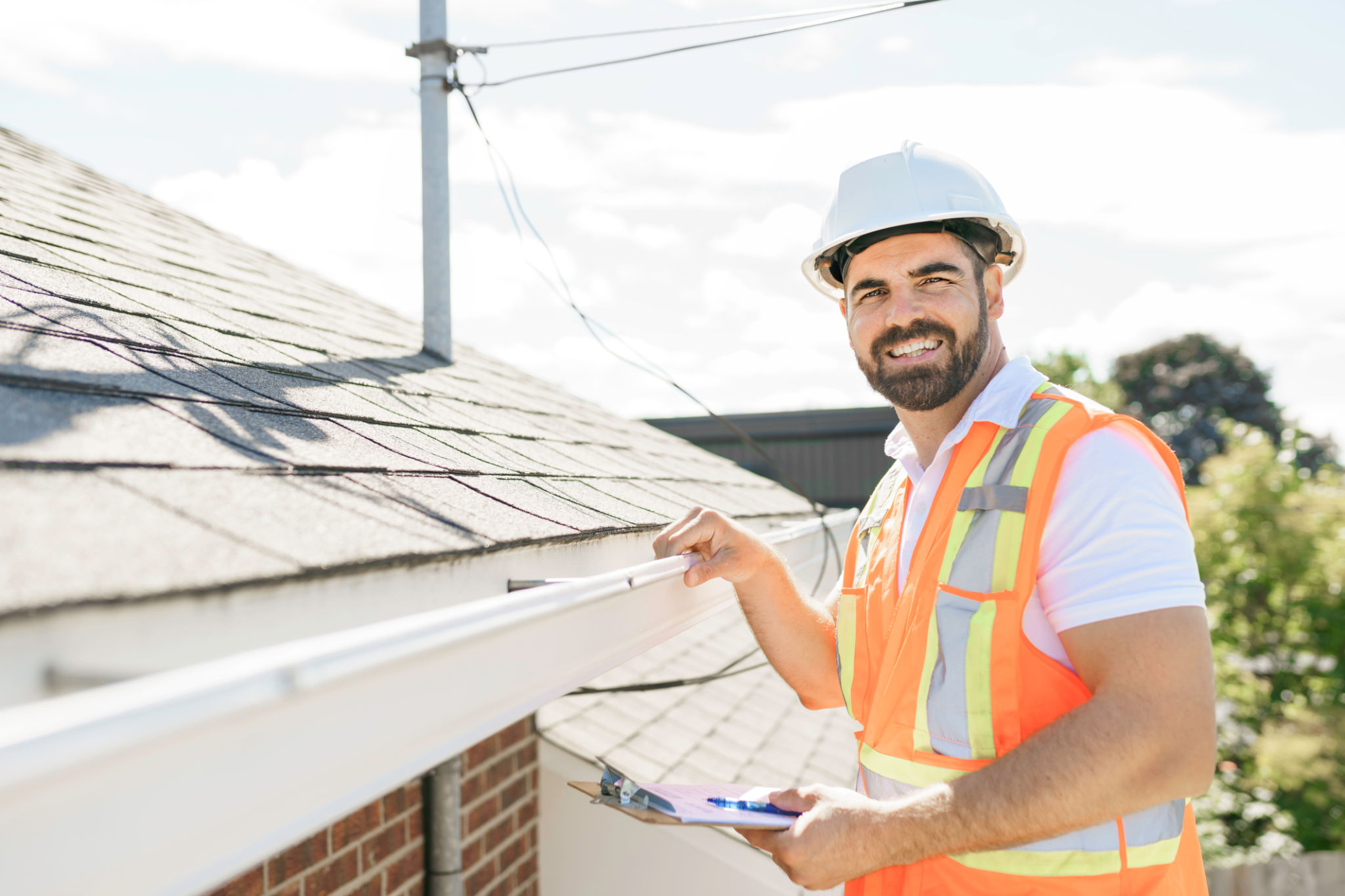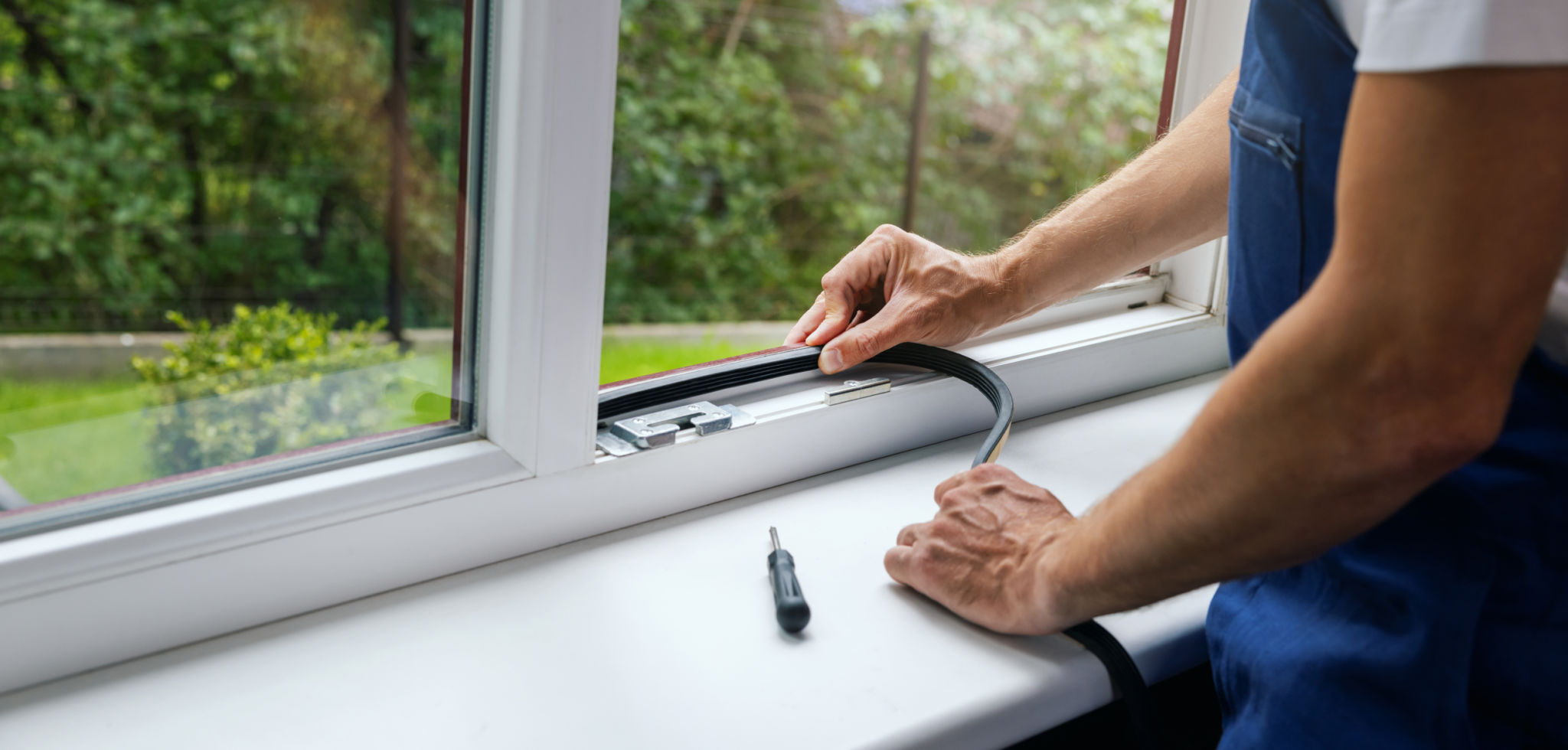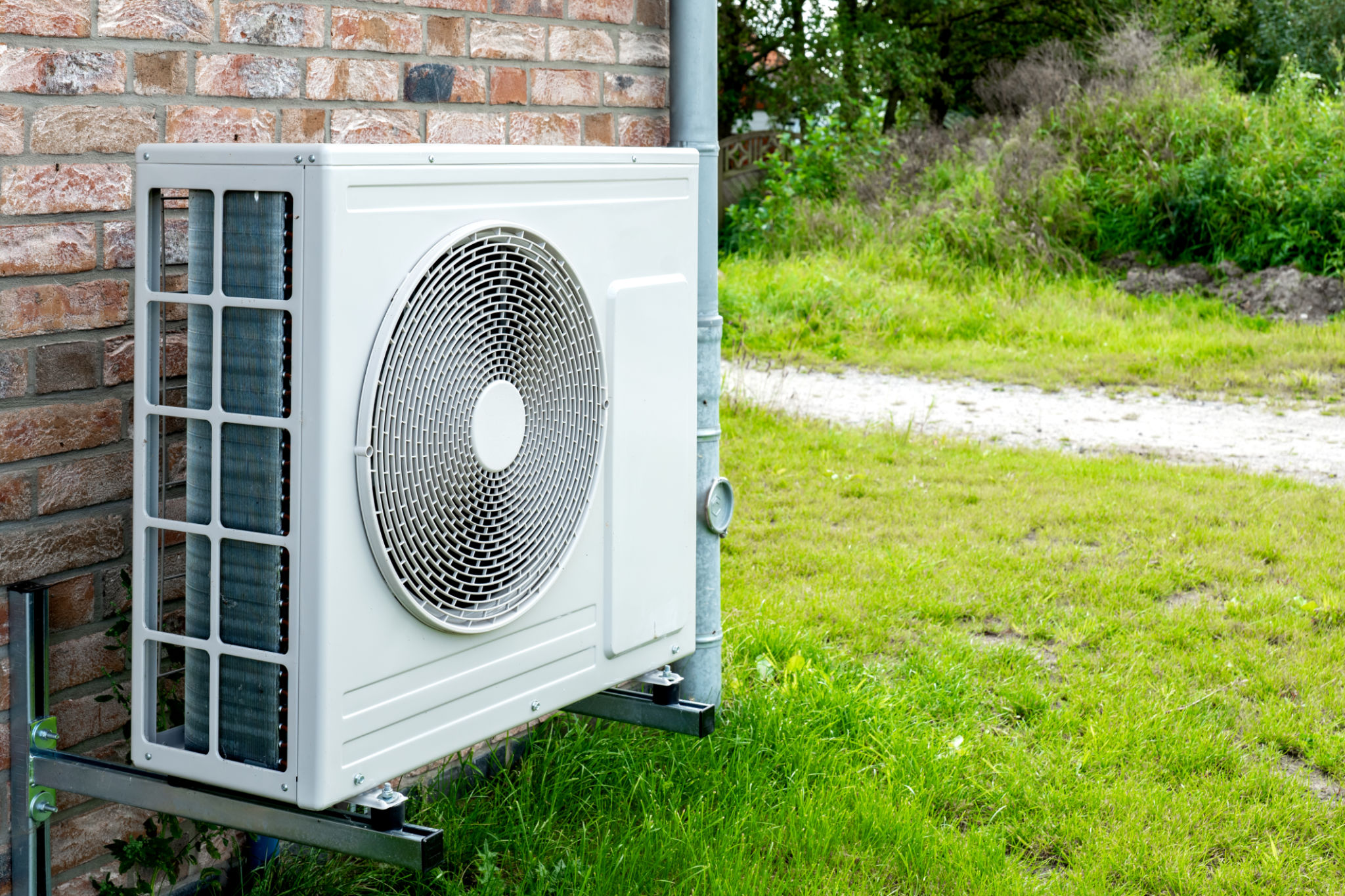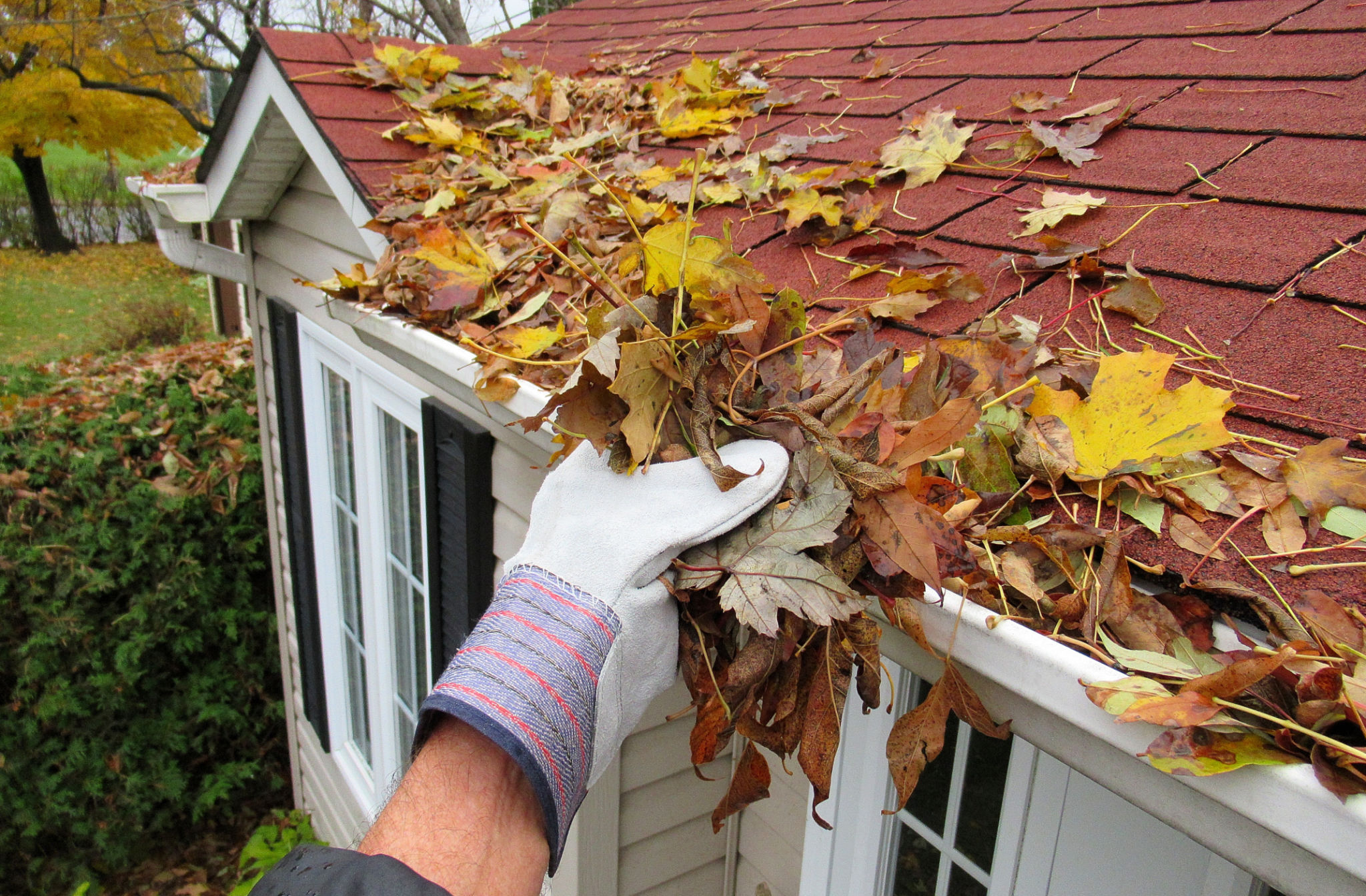Preparing Your London Home for Winter: Essential Construction Tips
Assessing and Repairing the Roof
As winter approaches, it is crucial to ensure your home's roof is in top condition. A thorough inspection will help identify any damaged or missing shingles that could lead to leaks. Consider hiring a professional roofer to evaluate the roof's integrity and make necessary repairs. Addressing these issues early can prevent costly damage during the harsh winter months.
Additionally, check the flashing around chimneys, vents, and skylights. Properly sealed flashing prevents water from seeping into your home, which can cause mold and structural damage. If you notice any gaps or cracks, apply sealant or replace the flashing as needed.

Improving Insulation
Quality insulation is essential for maintaining a comfortable temperature in your home during winter. Start by checking your attic insulation. If it's thin or uneven, add more material to enhance its effectiveness. Proper attic insulation can significantly reduce heat loss and lower energy bills.
Don't overlook other areas of your home, such as walls and floors. Consider adding insulation to these spaces if you notice drafts or cold spots. Sealing gaps around windows and doors with weatherstripping or caulk can also improve your home's energy efficiency.

Maintaining Heating Systems
Before the cold sets in, ensure your heating system is operating efficiently. Schedule a professional inspection of your boiler or furnace to identify any potential issues. Regular maintenance, such as cleaning filters and vents, can keep your system running smoothly and extend its lifespan.
If you have a fireplace or wood-burning stove, have it cleaned and tested for safety. Creosote buildup can lead to chimney fires, so it's essential to remove any blockages and ensure proper ventilation.

Protecting Pipes
Freezing temperatures can cause pipes to burst, leading to costly water damage. To prevent this, insulate exposed pipes in unheated areas like basements, attics, and garages. Pipe sleeves or heat tape are affordable solutions that can offer significant protection.
It's also wise to disconnect and drain outdoor hoses and shut off exterior water valves. This precaution helps prevent water from freezing and expanding within your pipes, reducing the risk of damage.
Enhancing Window Efficiency
Windows are common sources of heat loss during winter. Consider upgrading to double-glazed windows if your current ones are single-pane. Double glazing offers better insulation and can help keep your home warm.
If replacing windows is not an option, apply window film or thermal curtains as temporary solutions. These additions can reduce heat loss and improve comfort without a significant investment.

Cleaning Gutters
Clogged gutters can lead to water overflow and ice dams during winter. To prevent these issues, clean your gutters thoroughly before the season begins. Remove leaves, twigs, and debris that may obstruct water flow.
After cleaning, inspect your gutters for any signs of damage or sagging. Secure loose sections and repair any leaks to ensure proper drainage away from your home's foundation.

